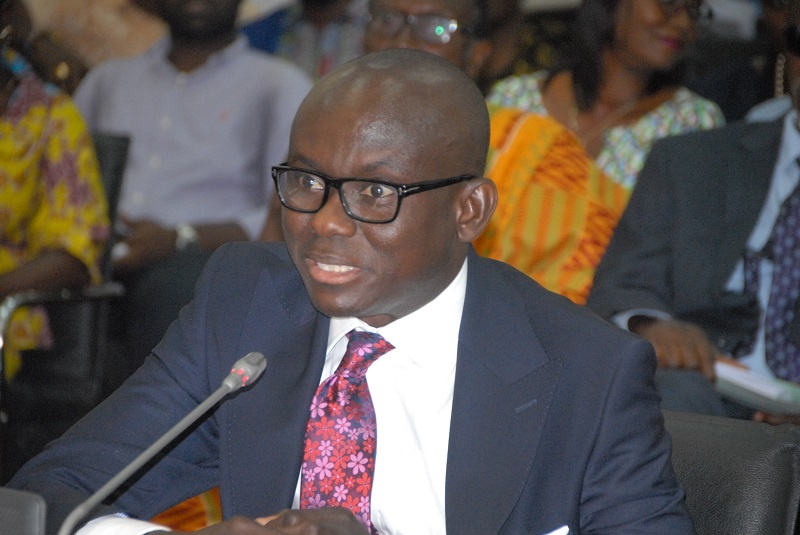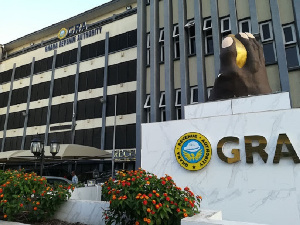EXPLAINER: COP 29 discussions

The 29th Conference of the Parties on Climate Change (COP29) has opened in Baku, the capital city of Azerbaijan, with a series of formal meetings where governments are assessing global efforts to advance the Paris Agreement and the Convention.
World leaders, including President Nana Addo Dankwa Akufo-Addo, have come together to measure progress and negotiate the best ways to address the impacts of climate change.
The COP29 is focusing on ensuring that all parties commit to ambitious national plans and transparency, take climate action by using finance to reduce emissions, adapt to climate change, and address loss and damage.
It has been a week-long negotiation by technical officers so far.
Below is an engagement between the Ghana News Agency’s Albert Oppong-Ansah and Dr Seth Osafo, Legal Advisor, African Group of Advisors, on discussions at the meetings.
Please tell us what happened in the first week of COP29.
Ans: COP29 started with a summit of Heads of State. About 70 or more Heads of States were here for the first, second, and the third day to make statements. After that, the full negotiations began.
What is unique about this year’s COP?
Ans: All the four key issues relate to finance. They are Climate finance and “the New Collective Quantified Goal problem”, Fixing a sputtering engine for capital mobilisation, growing loss and damage fund and Getting adaptation on track.
Why is this year’s meeting referred to as Finance COP?
Ans: The main theme for this COP is finance. The government of Azerbaijan has decided to support developing countries with funding to meet their commitments under the Convention to adapt, and to support them in many ways with transfer of technology and other issues. This has has been the main discussion, which produced the phrase, “new collective quantified goal”.
Please summarise COP financial schemes for us.
Ans: The fact is that in the Convention and the Paris Agreement, there are provisions for developed countries to provide financial resources to developing countries to enable them to meet their commitments under those treaties. So, it is an obligation that they have accepted.
We have had different kinds of funding arrangements over the years. The latest one is a green climate fund, but then it is still not enough to meet the concerns of developing countries. The proposal is that developing countries will need 1.3 trillion dollars a year to address climate change.
Has the financial commitment been met by developed countries?
Ans: In the year 2009, at COP15 in Copenhagen, the developed countries came out with 100 billion dollars to be provided a year to support developing countries starting from 2020. Developed countries are saying they have provided it.Meanwhile, developing countries are saying it has not been met.
There are question marks about how the money was given and what the 100 billion was used for. It is unclear if developed countries are considering support for agriculture or health projects in developing countries as climate finance.
What is developing countries’ challenge with the funding?
Ans: Developing countries want a clear definition of what climate finance is and then, apart from that, the nature of the assistance or how the assistance is delivered.
Let me give you a typical example of the Green Climate Fund. If you are able to put in a project to be funded, sometimes it can take about three years. By the third year, the situation may change… so, speed in the processing of the support is also essential for developing countries.
Can you tell us about the loss and damage fund?
Ans: In Shamil Sheikh, during COP 27, parties agreed to establish the Loss and Damage Fund, and it was set up and operated by the Loss and Damage Board. When the Loss and Damage Fund was first introduced, countries pledged about 850 million dollars to assist countries with loss and damage, but that is not enough. So, again, these are issues that are on the table here to be discussed. Currently, developing countries are requesting 1.3 billion dollars a year.
Are developing countries in this alone?
Ans: Both developed and developing countries are experiencing the impacts of climate change just that global south countries and small island countries are “feeling it more”. Some countries, even in Ghana, in the northern part, we have issues with drought, which is affecting the production of maise and other crops. As I speak, Zambia and Zimbabwe have serious cases of drought, and also of Kenya. In some places also, they have flooding that they have never had before.
Will COP29 deliver expected results?
Ans: Well, it is difficult to say, but I think the host country, Azerbaijan, wants something positive to come out of this meeting. I think parties would also want to get a positive outcome from this conference because climate change is real. The subsidiary bodies (negotiators) are finishing by Saturday, and outstanding issues will then be passed on to the ministers.
Experts say we have exceeded about three Celsius degrees warming, and reports say that this year has been the warmest year on record, hottest.
So, it means that we are not doing well at all, and we ought to do better.
Ghana is party to the conference and about 300 Ghanaian delegates made up of government negotiators, parliamentarians, international development partners, financial institutions, private companies and nongovernmental organisations are participating in the event.
Source: GNA





